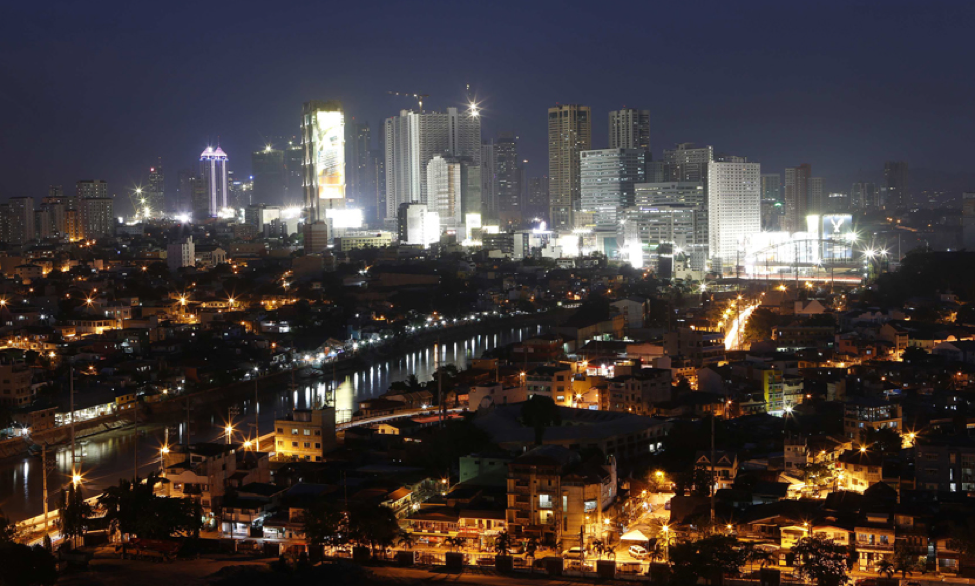
Nationalist People’s Coalition (NPC) Congressman Win Gatchalian welcomed the results of the 2016 Index on Economic Freedom by an American think tank which labeled the Philippines as “moderately free,” but noted that the Philippines must do better in freeing a quarter of the population from poverty and reversing the country’s exclusive growth.
“We welcome the results of The Heritage Foundation’s report, which proves that the international community appreciates government efforts to improve the business climate and make it friendlier to investors,” said Gatchalian, a senior vice chair of the House Committee on Metro Manila Development and a majority member of the Trade and Industry Panel.
Economic freedom is defined by the Foundation as “the fundamental right of every human to control his or her own labor and property. In an economically free society, individuals are free to work, produce, consume, and invest in any way they please. In economically free societies, governments allow labor, capital, and goods to move freely, and refrain from coercion or constraint of liberty beyond the extent necessary to protect and maintain liberty itself.”
From 62.2 in the previous year, the country scored 63.1 points out of 100 and ranked 70th out of 178 countries. The country has entered the “moderately free” status (60-69.9 points) starting 2014 from below 60 points or “mostly unfree” (50-59.9) in 2012 and 2013.
The organization measures such freedom using factors grouped under four broad categories:
• Rule of Law (property rights, freedom from corruption);
• Limited Government (fiscal freedom, government spending);
• Regulatory Efficiency (business freedom, labor freedom, monetary freedom); and
• Open Markets (trade freedom, investment freedom, financial freedom).
In the 2016 Index, the Philippines’ economy “has been growing steadily at an average annual rate above 6 percent for the past five years. The government has pursued legislative reforms to enhance the entrepreneurial environment and develop a more vibrant private sector to generate broader-based job growth. Despite some progress, poor infrastructure remains a serious impediment to economic growth,” read the report.
In the area of regulatory efficiency, the report particularly noted that “the time involved in dealing with licensing requirements has been notably reduced, and the cost of completing them has been cut.” It also observed that caps on foreign bank ownership has been removed, “allowing overseas banks to acquire 100 percent equity in existing banks.”
Despite the country’s improvement in the country’s economic freedom, Gatchalian emphasized the need for the government to free the country’s poor from poverty. More than 25 percent of the population is below the poverty line, the same level as Nepal’s and higher than Lao PDR (23.2 percent), Cambodia (18.9 percent), Vietnam (9.8 percent), and China (8.5 percent), according to the Asian Development Bank.
“The government has a long way to go in alleviating poverty in the country. One-fourth of our population is still living below the poverty line and clearly, the government has to step up its efforts in uplifting them and giving them access to the benefits of our economic growth,” said the lawmaker.
The 2016 Index specifically underlined the country’s corruption and cronyism which it described are “rife” in business and government, adding: “A few dozen leading families hold a disproportionate share of land, corporate wealth, and political power. A culture of impunity, stemming in part from case backlogs in the judicial system, hampers the fight against corruption. The rule of law is generally weak as courts are hampered by inefficiency, low pay, intimidation, and corruption.”
For its “Freedom from Corruption” component under the “Rule of “Law” category, the report uses scores published by Transparency International in its Corruptions Perceptions Index.
Gatchalian previously asked voters to go for candidates who have a clear platform on good governance as corruption in government is said to have worsen based on the latest Corruption Perceptions Index 2015 by Transparency International.
The organization, which gave the country a score of 35– lower than the previous grade of 38 on a scale of 0 (highly corrupt) to 100 (very clean), said corruption is not only related to the theft of public funds but also to the perpetuation of poverty: “Public sector corruption isn’t simply about taxpayer money going missing. Broken institutions and corrupt officials fuel inequality and exploitation – keeping wealth in the hands of an elite few and trapping many more in poverty.”
“The people should vote for candidates with a strong, proven commitment to clean the government– which includes making everyone accountable to the law, even if they are family, friends, or colleagues. The next batch of public officials should also be committed to making the benefits of economic growth accessible to everyone,” explained Gatchalian. (Monica Cantilero)


